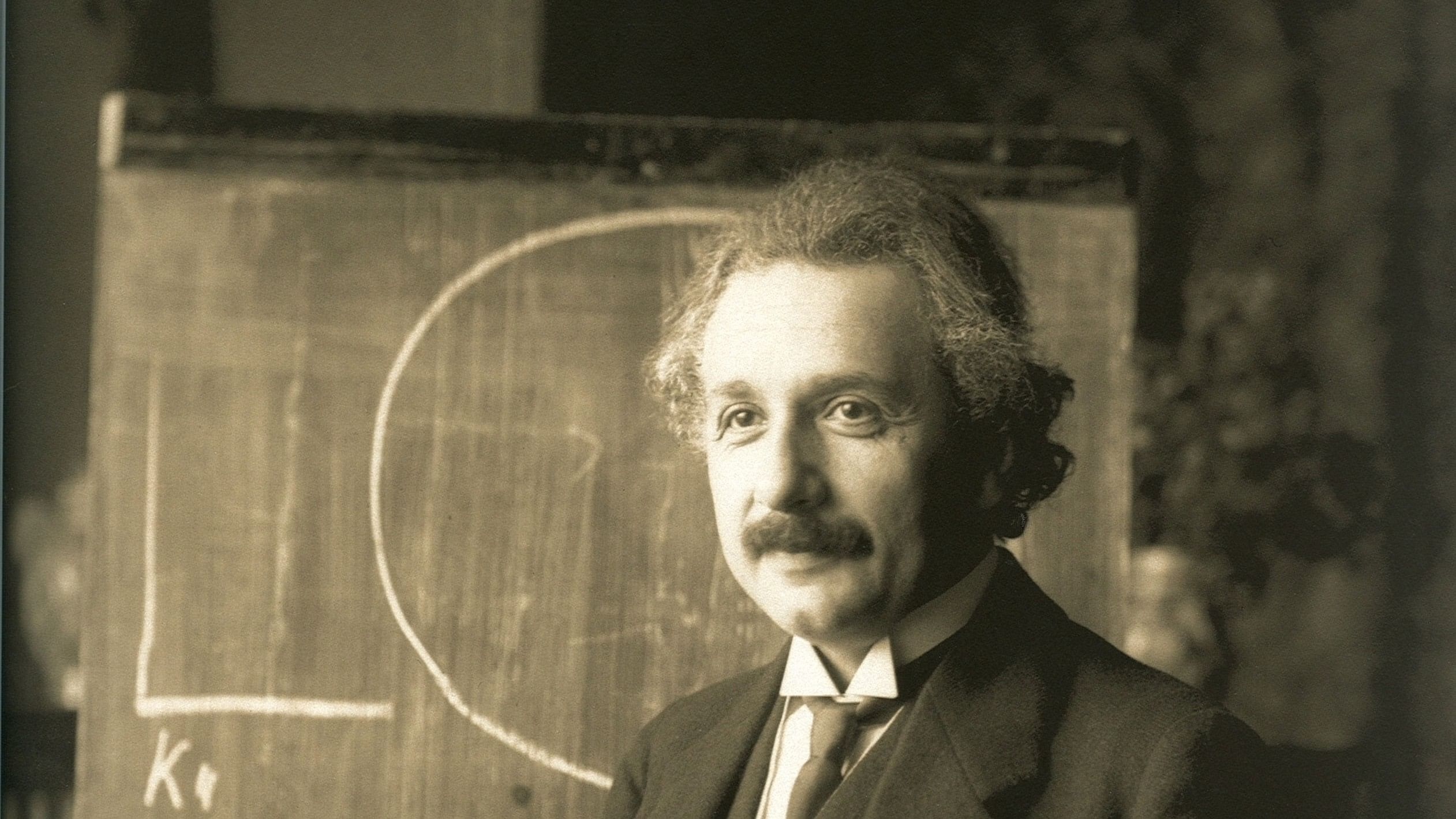
Albert Einstein
Credit: Wikimedia commons
During the second World War, the best scientific minds across the world were brought under the aegis of the Manhattan Project, something that would eventually pave the way for the development of the world's first atomic bombs.
However, the Manhattan Project truly took off after Nobel Laureate Albert Einstein penned a letter to US President Franklin D Roosevelt, asking him to priortise nuclear research.
Now, that very letter has gone under the hammer, and has been sold for a whopping $3.9 milion (Rs 32.7 crore) at Christie's auction.
According to a report by NDTV, this letter was originally addressed to the US president and highlighted the potential of nuclear weapons and the urgent need for American involvement to get a first-mover advantage.
Written in 1939, in the letter, the renowned physicist apprised the president of Uranium's potential and noted that it could become "a new and important source of energy". Moreover, if one learns how tap into this energy, it could be used to make "powerful bombs", the Nobel Laureate emphasized. Einstein also warned President Roosevelt that Germany was also trying to make bombs. The original letter is now part of the Franklin D Roosevelt Library's collection in New York.
Roosevelt heeded Einstein's warning regarding the potential of Uranium which could eventually turning into massive A-bomb. Thus, the US government poured money and resources into researching nuclear fission, which led to the formation of the Manhattan Project and eventually the development of the atomic bomb. In a way, this letter propelled the countries to shift their focus to nuclear arms, which later intensified into a nuclear arms race during the Cold War.
Peter Klarnet, senior specialist in Americana, books, and manuscripts at Christie's, described the letter as "one of the most influential letters in history."
According to a report by Business Insider, the auctioned copy was previously owned by the late Microsoft co-founder Paul Allen, who purchased it in 2002 for $2.1 million. Before that, it was part of publisher Malcolm Forbes' collection, acquired from Leo Szilard's estate.
However, despite Einstein's early involvement in the project, the bombings of Hiroshima and Nagasaki caused Einstein to regret his role in the project.